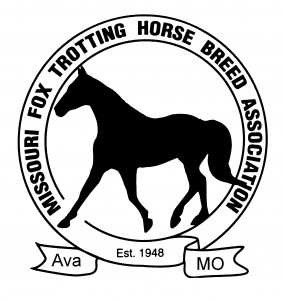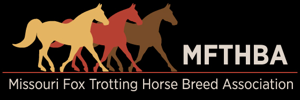Q&A Series: MFTHBA DQP Coordinator
 With four months complete in 2015, we thought it was a perfect time to sit down with various MFTHBA committees and personnel to discuss what they are working on. In this Question & Answer article, we talked with Randall Dennis, MFTHBA DQP Coordinator. Be sure to check back throughout the month of May for more Q&A sessions.
With four months complete in 2015, we thought it was a perfect time to sit down with various MFTHBA committees and personnel to discuss what they are working on. In this Question & Answer article, we talked with Randall Dennis, MFTHBA DQP Coordinator. Be sure to check back throughout the month of May for more Q&A sessions.
First off, for those new to showing what is the Horse Protection Act and the MFTHBA DQP program?
Mr. Dennis: “The Horse Protection Act is a Federal Law that prohibits sored horses from participating in shows, exhibitions sales or auctions. The Horse Protection Act also prohibits drivers from transporting sored horses to or from any of these events.”
We hear a lot about sweat cracks and the need to prevent them when showing a horse at the showgrounds. What are sweat cracks? How do you prevent them?
Mr. Dennis: “Sweat cracks are basically sores caused from sweat and the lime dust or lime mud that sticks to the horse’s leg causing an irritation. The lime dust or mud is from the lime stone grit that is used for the roads and warm up track surface at the Ava show grounds. If the horse is not cleaned up after riding and there is a buildup of sweat and dust or the lime mud it creates an irritation, and then if not cared for can cause sweat cracks and soring.”
What is considered a foreign substance?
Mr. Dennis: “The law states: ‘All substances are prohibited on the extremities above the hoof of any Tennessee Walking Horse or racking horse while being shown or exhibited, or offered for sale at any horse show, horse auction, except lubricants such as glycerin, petrolatum, and mineral oil, or mixtures thereof ; provided, That the management of such show , exhibition , sale or auction ,agrees to furnish all such lubricants, and maintain control over them, when used at the show, horse exhibition, or horse sale or auction.’ The MFTHBA does not provide any such lubricants.
Exhibitors should note that ALL substances are prohibited. This includes water, shampoo, grooming items, etc. Horses should be presented with dry legs, free of any substance.”
For those new to showing, what are some tips you can provide regarding areas they may not be aware of that fall within the HPA?
Mr. Dennis: “I highly recommend all exhibitors to get a copy of the MFTHBA rules and read them prior to exhibiting their horse. If you have any questions about these rules, the MFTHBA office staff or myself are happy to answer any questions. For those brand new to showing, the MFTHBA Membership Committee will be hosting a welcome reception on Wednesday June 10 at 10 a.m. where we will actually walk a horse through the DQP process. This will help new exhibitors understand what is expected during the pre-show evaluation.”
Editor’s Note: A copy of the MFTHBA Rule Book is available online by clicking here.
Are there any changes this year that exhibitors need to be aware of?
Editor’s Note: The MFTHBA Board announced changes to the MFTHBA DQP Program at the May 12, 2015 Board meeting. Exhibitors should review these changes. A listing of the changes are available here.
More about Mr. Randall Dennis: Mr. Dennis is in his first year as MFTHBA DQP Coordinator. He accepted the position in January 2015. He has served as a Designated Qualified Person (DQP) for the past 2010 years. The MFTHBA DQP Coordinator, along with the DQP Program Administrator, is the day to day operation of the MFTHBA DQP Program. The DQP Coordinator assigns DQPs to shows, organizes certification trainings, evaluating DQP performance and other management issues associated with the DQP Program.
